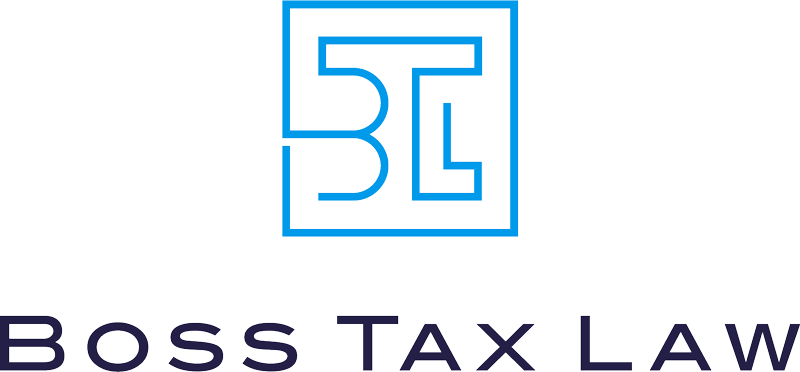Understanding IRS Penalties for Failing to File International Information Returns
The IRS assesses stiff penalties for failing to file international information returns. This article breaks down the key points on this topic, focusing on the specific forms involved, the penalties for non-compliance, and the steps you can take if you find yourself facing these penalties.
Key International Information Returns
The IRS requires specific forms to gather information about foreign-owned businesses and U.S. persons owning foreign businesses. These forms do not involve tax computations but are required for informational purposes. The forms discussed are:
- Form 5471: Filed by U.S. persons who are officers, directors, or shareholders in certain foreign corporations.
- Form 5472: Filed by U.S. corporations that are 25% foreign-owned or engaged in a U.S. trade or business.
- Form 8865: Filed by U.S. persons who control foreign partnerships.
Penalties for Non-Compliance
Failing to file these international information returns can result in significant penalties under IRC §§ 6038 and 6038A:
- Form 5471 and Form 8865: A $10,000 penalty applies for failure to file on time. If the IRS issues a notice and the form remains unfiled for more than 90 days, additional penalties of $10,000 per month may be assessed, up to a maximum of $60,000.
- Form 5472: The initial penalty for failing to file is $25,000. If the IRS sends a notice and the form is still not filed, an additional $25,000 per month may be assessed, with no maximum limit.
Timely filing is essential, as these penalties can accumulate rapidly.
Options for Penalty Abatement
If you find yourself facing penalties for failing to file Forms 5471, 5472, or 8865, the IRS provides a few options for relief:
First Time Abatement
This provision offers a chance to have penalties waived for taxpayers who generally meet certain criteria:
- You have filed all required returns for the past three years.
- You have no other penalties that have not been abated.
- You are current with all your filings and payments.
If these conditions are met, you might qualify for first-time abatement, which will completely waive the penalty.
Reasonable Cause
If you do not qualify for first-time abatement, you may appeal for relief under “reasonable cause.” This approach involves demonstrating that you exercised ordinary business care but were unable to file due to circumstances beyond your control, such as death, illness, natural disasters, or other significant issues.
Handling Delinquent Returns and Penalties
If you have failed to file the required forms for several years, there are specific procedures for submitting delinquent returns. While this is somewhat similar to voluntary disclosure programs, it involves different rules and processes.
If you face penalties or have not filed required returns, consulting with an experienced tax professional is crucial. Specialists familiar with international tax regulations can guide you through the process and help manage and potentially reduce penalties. Contact us today for assistance with penalties related to Forms 5471, 5472, or 8865.
